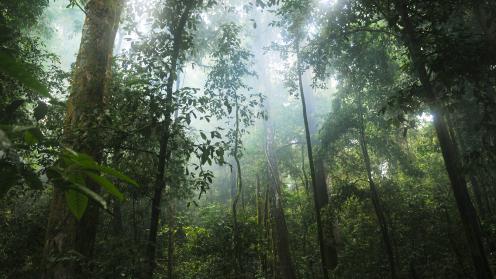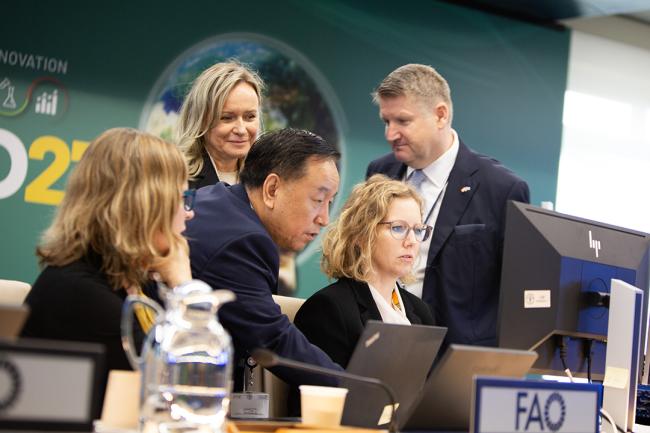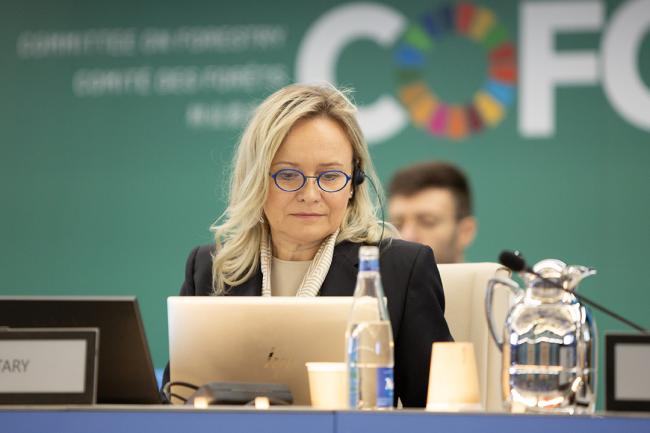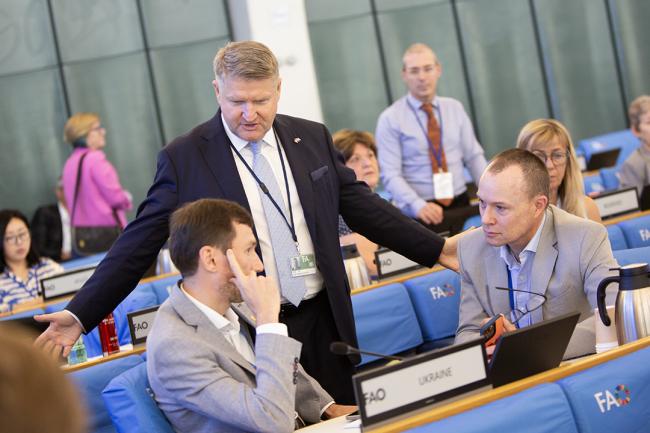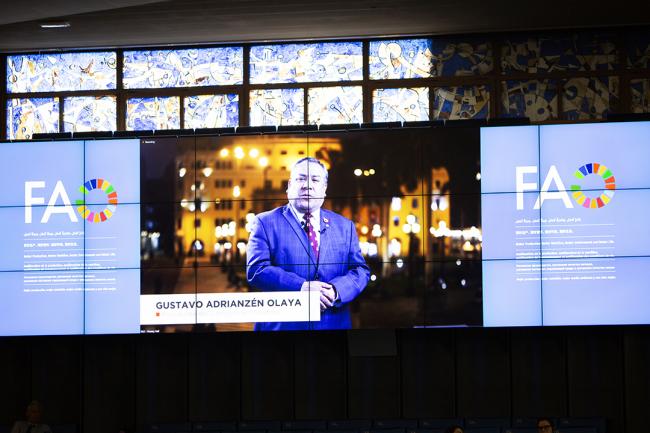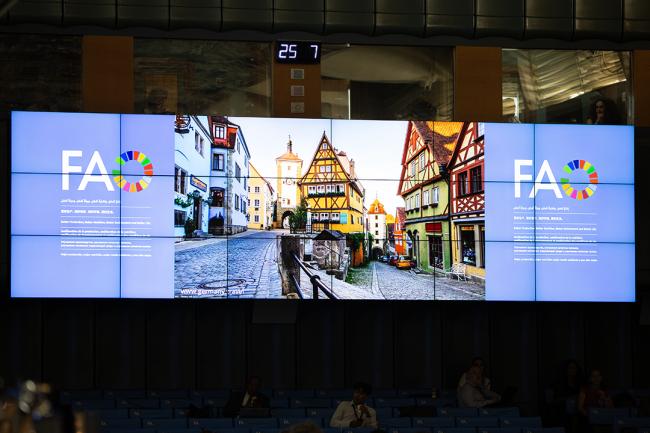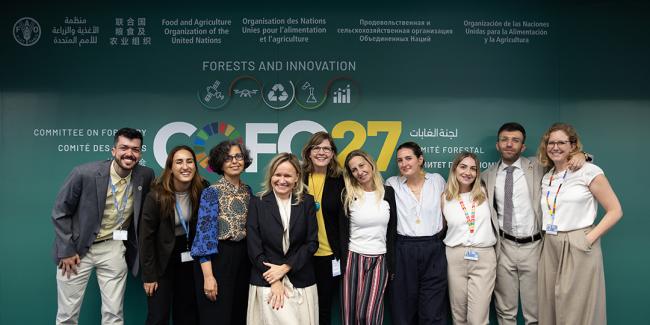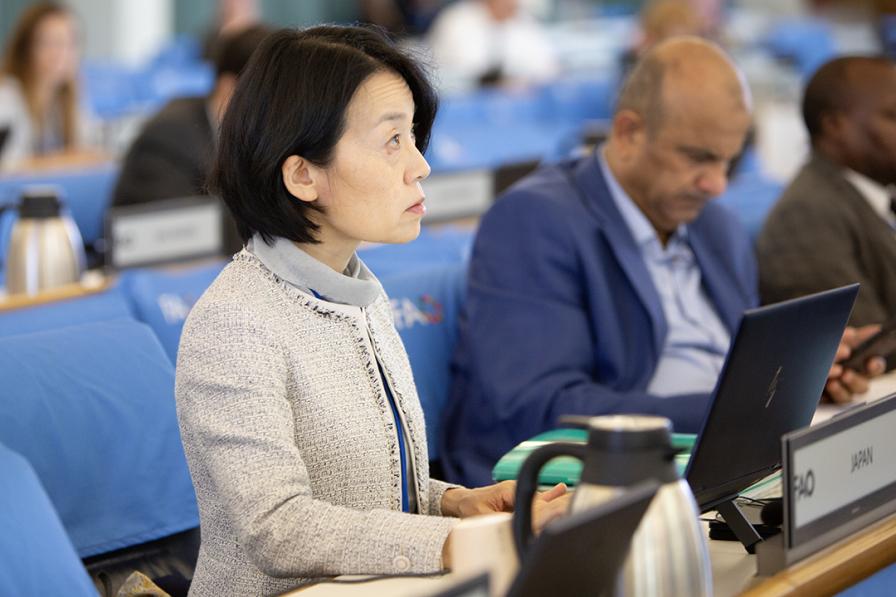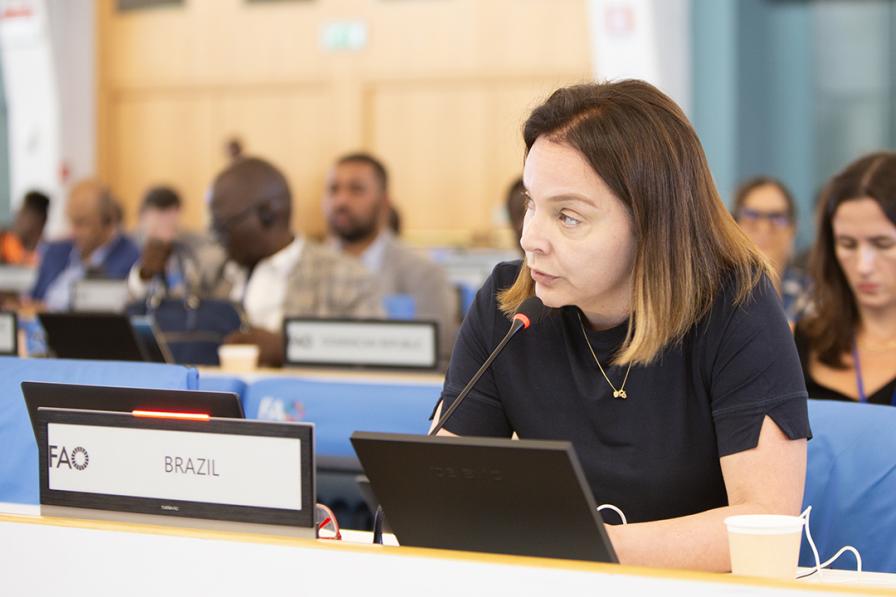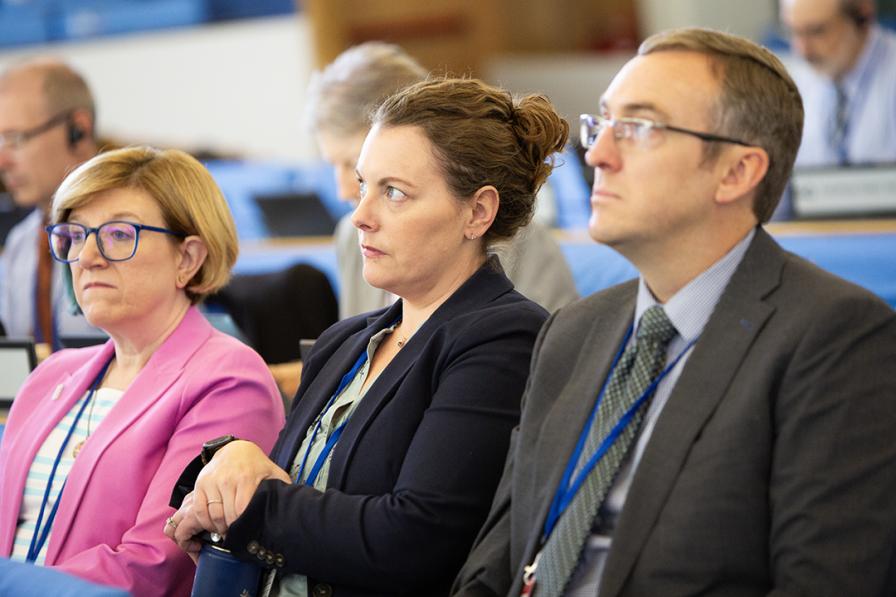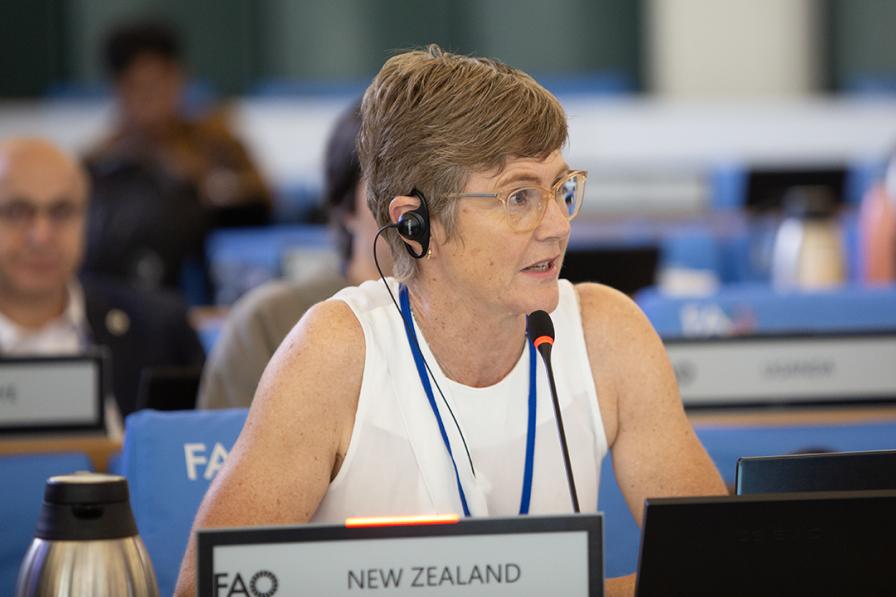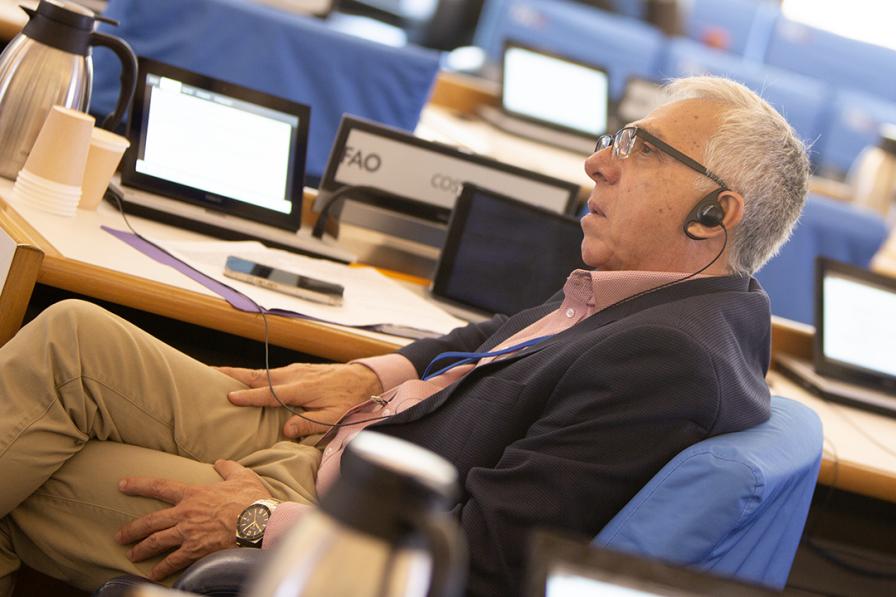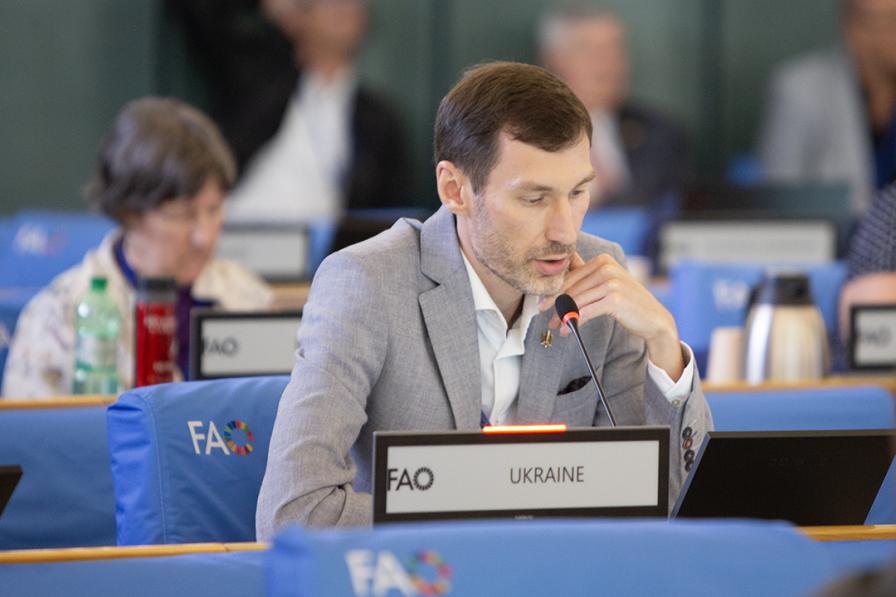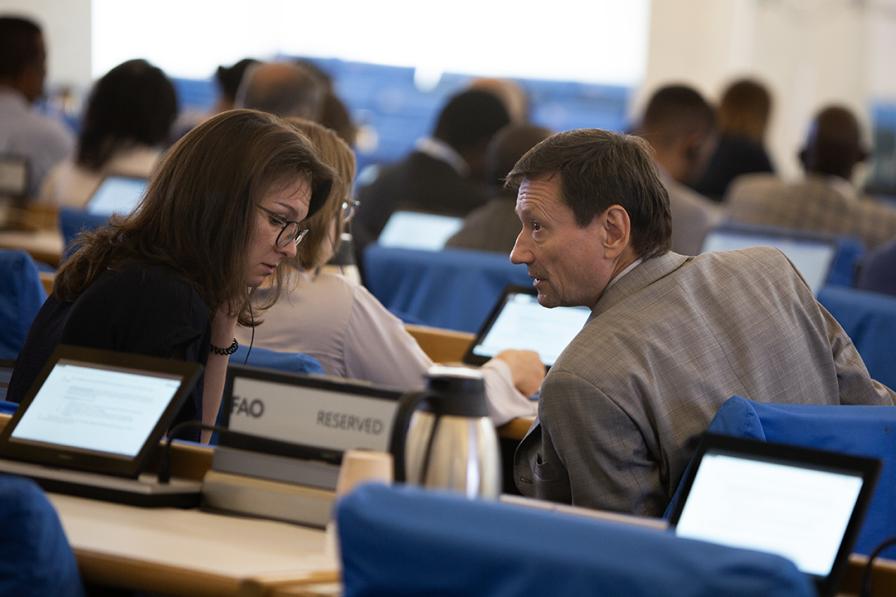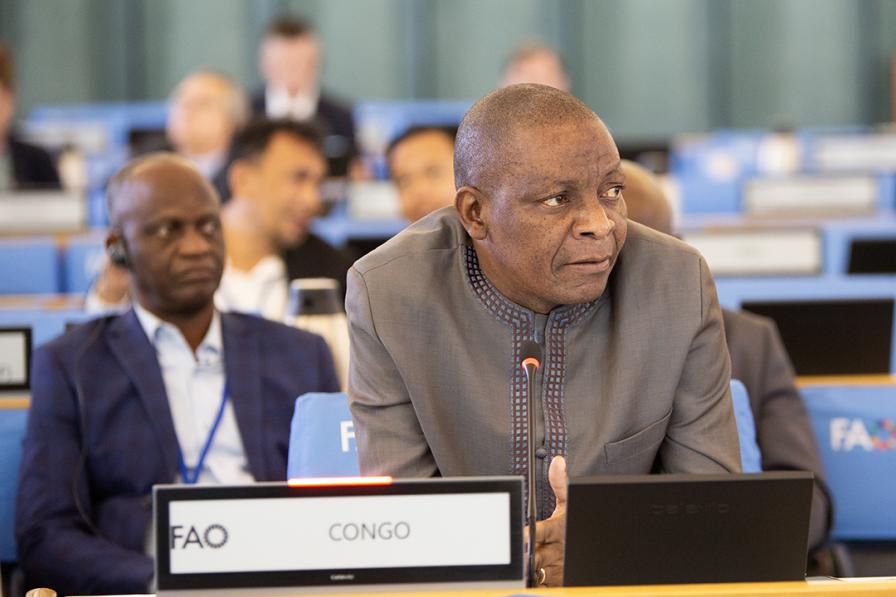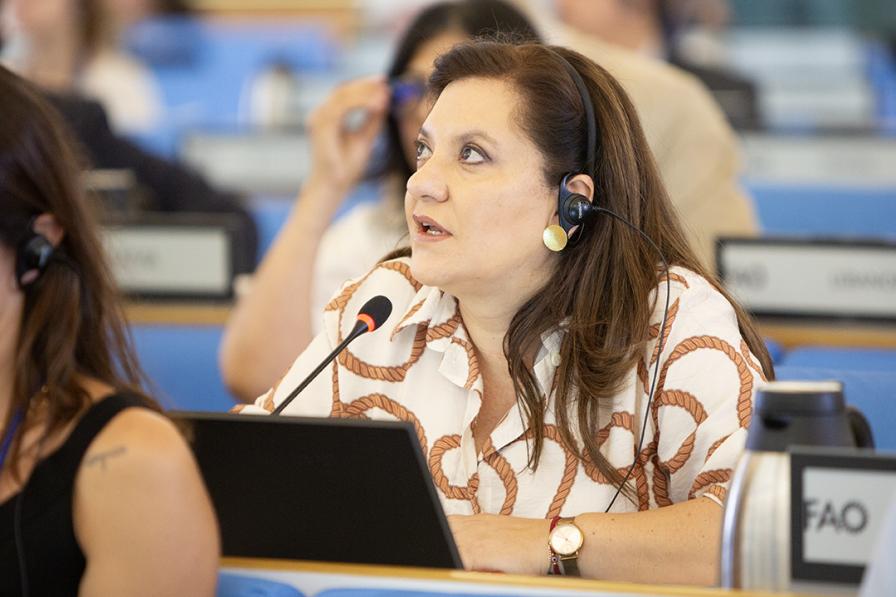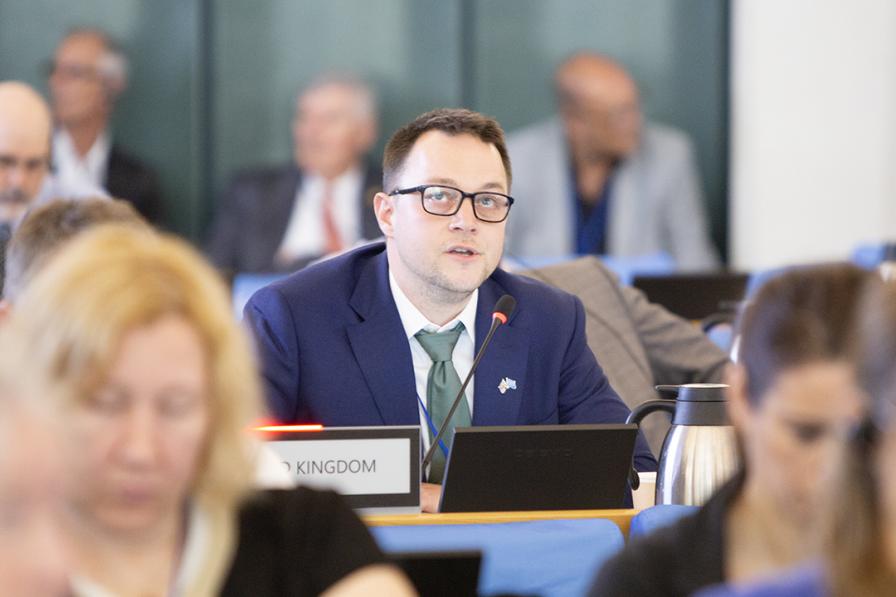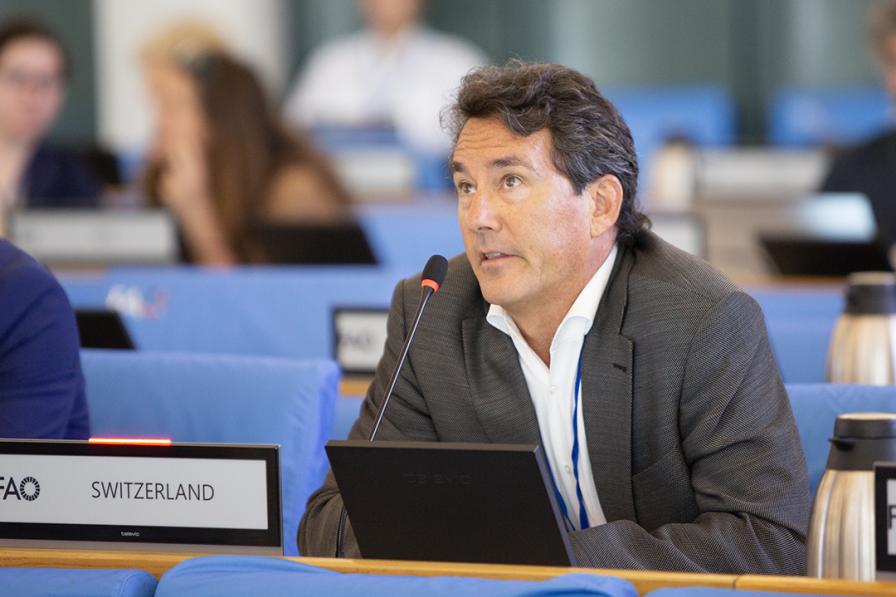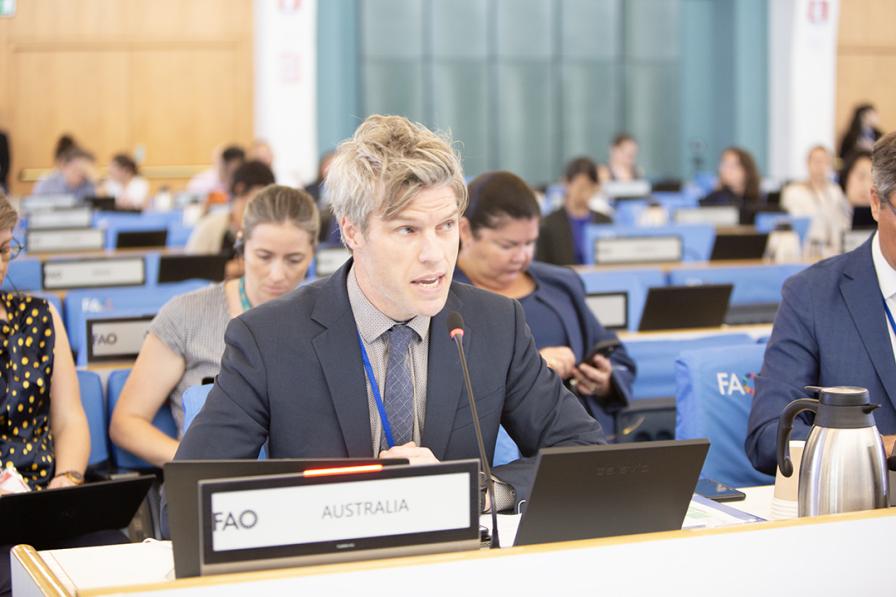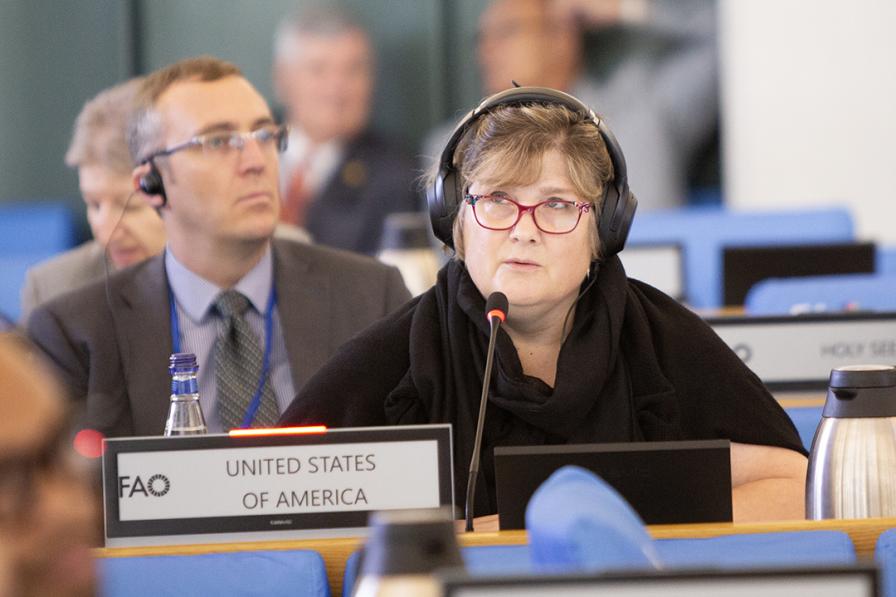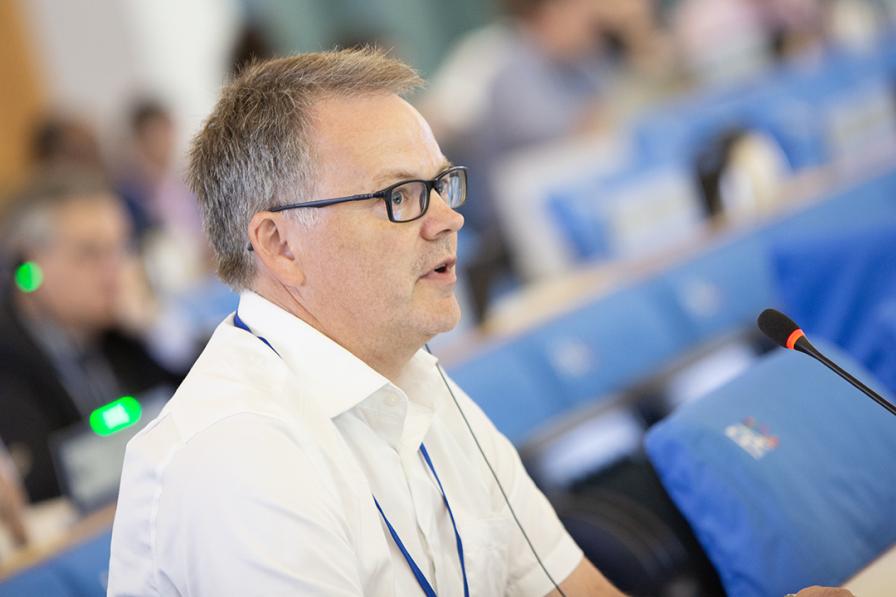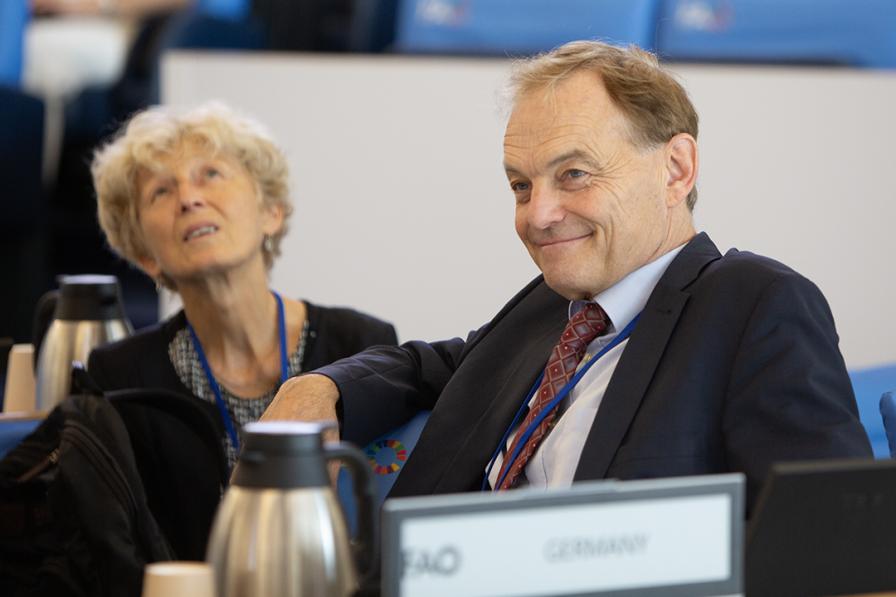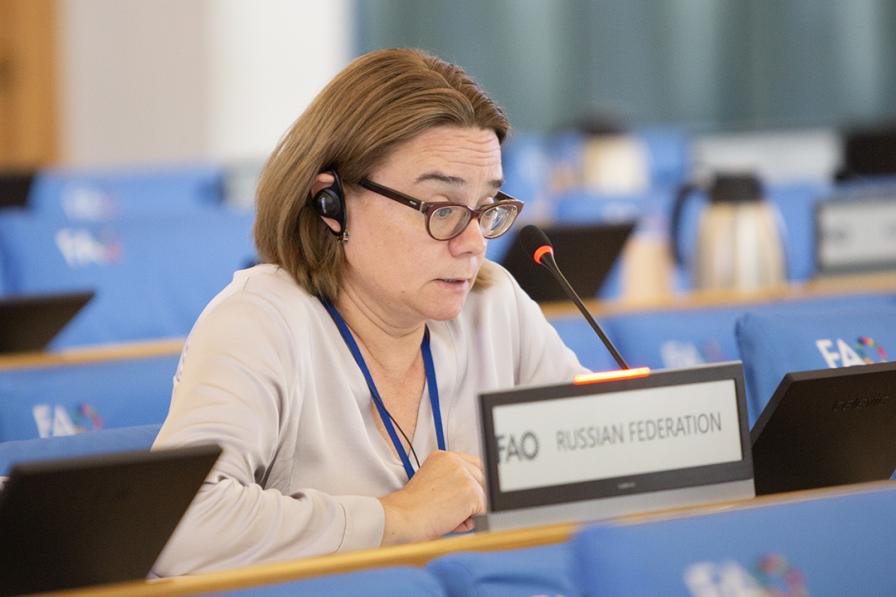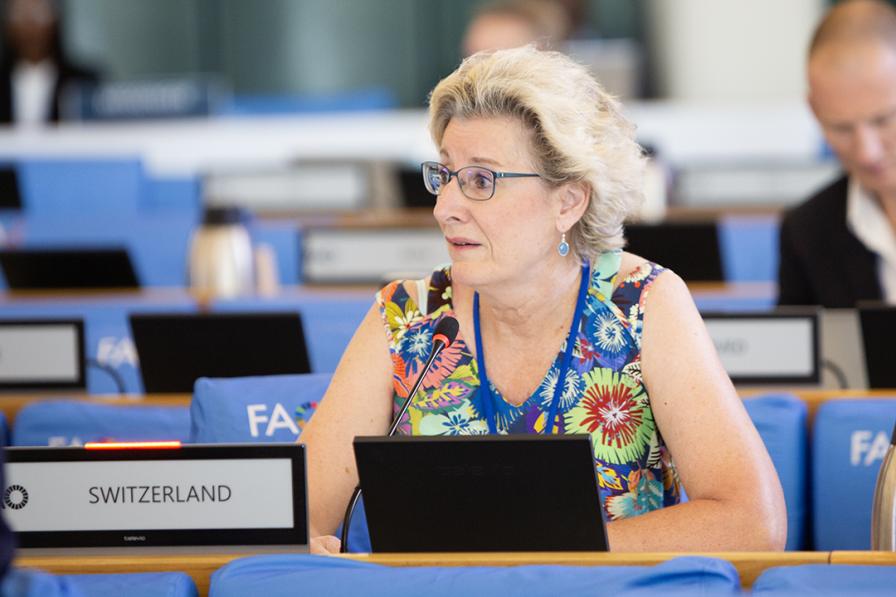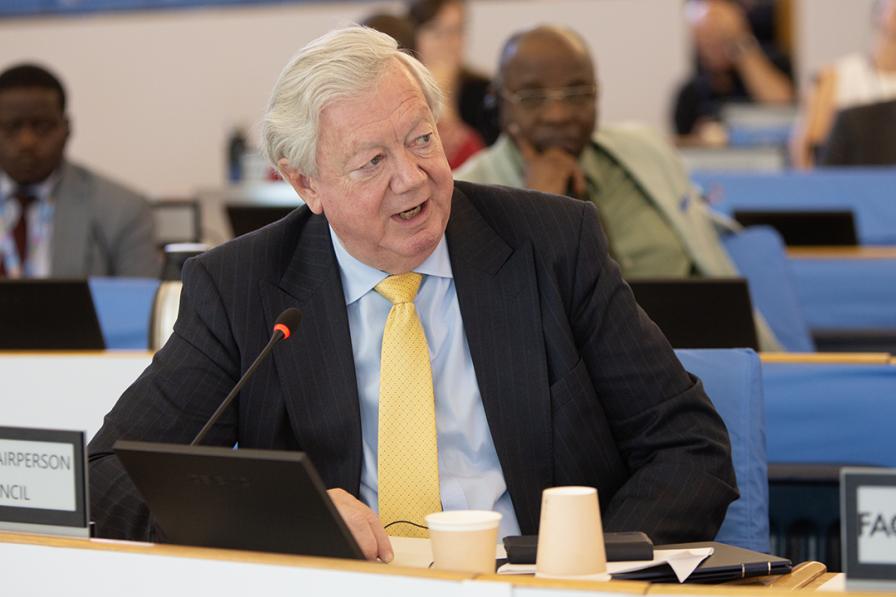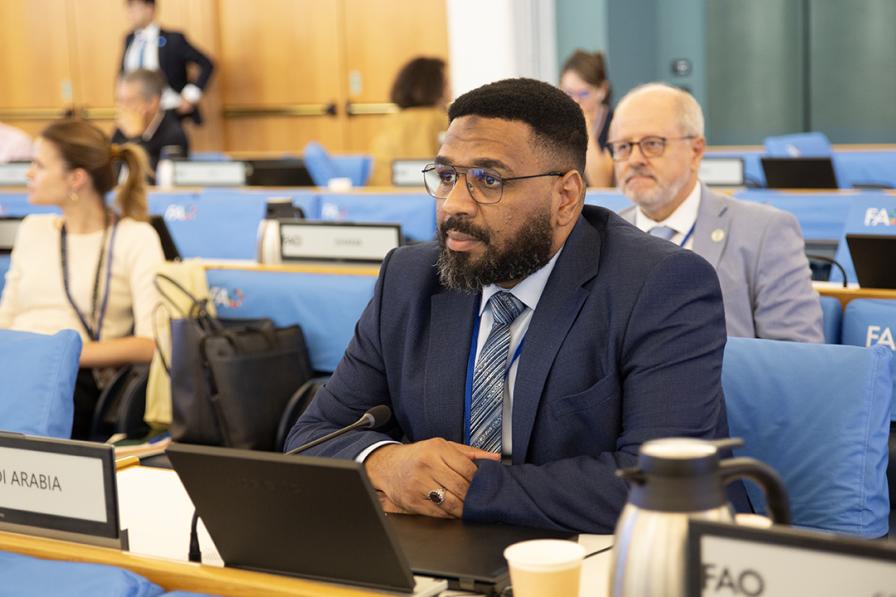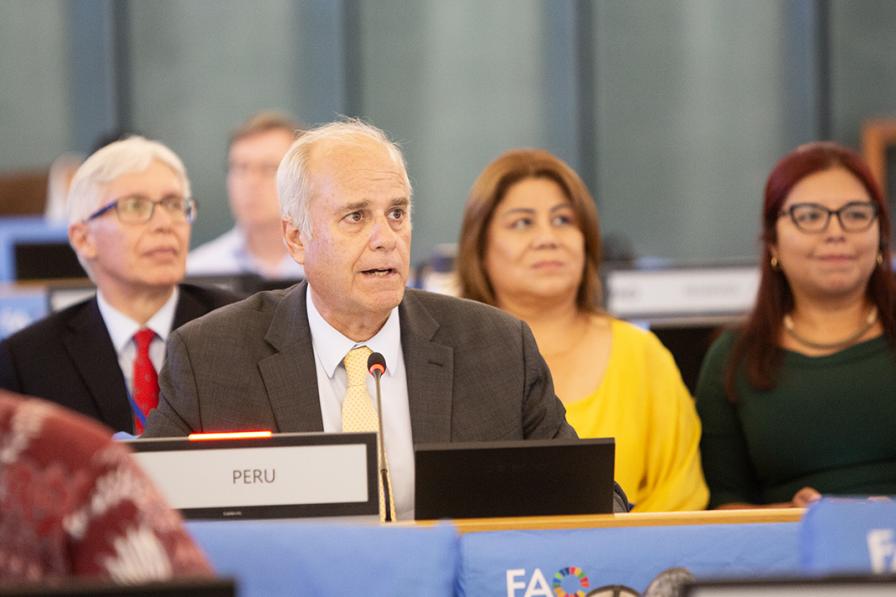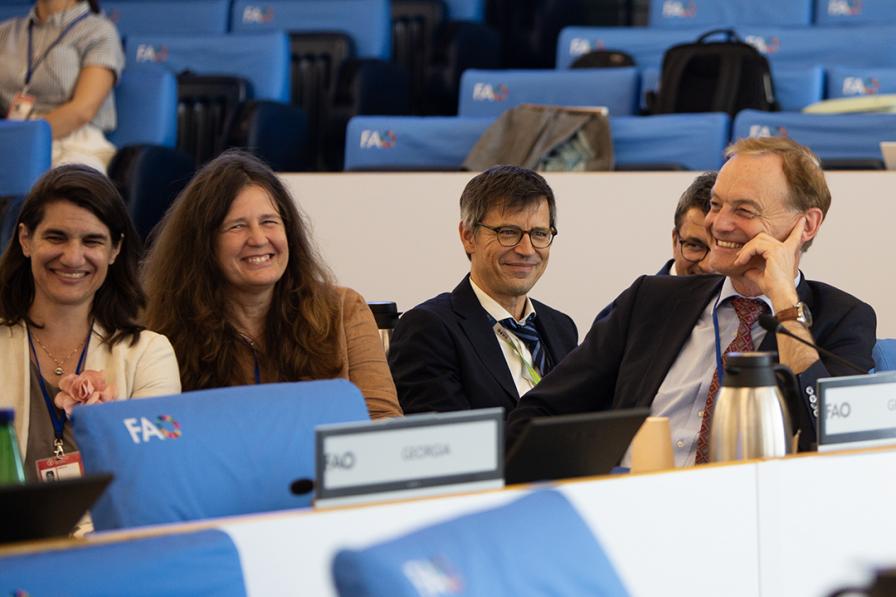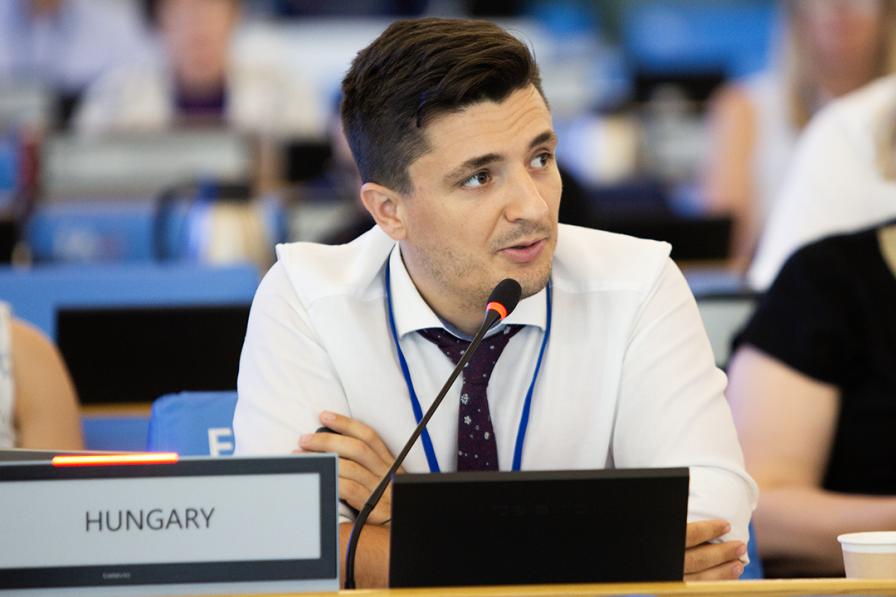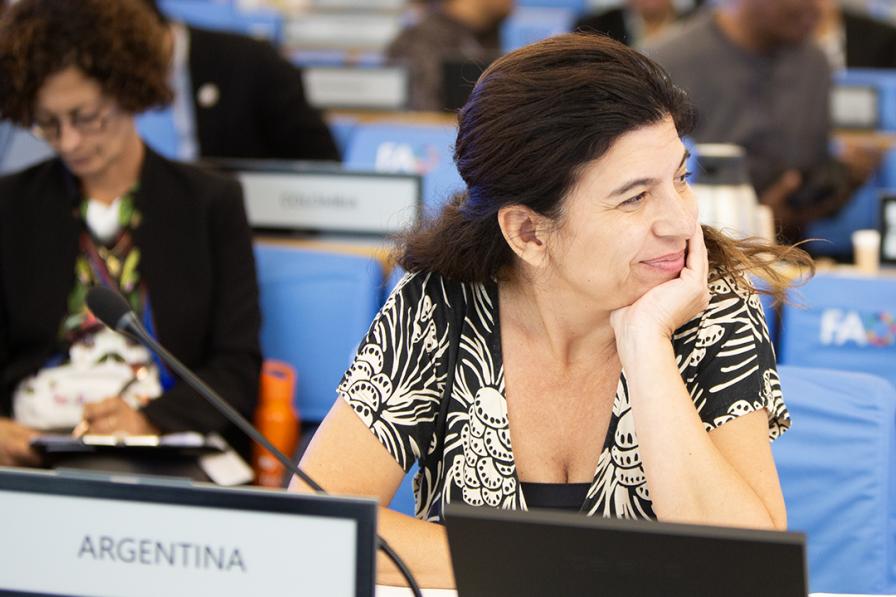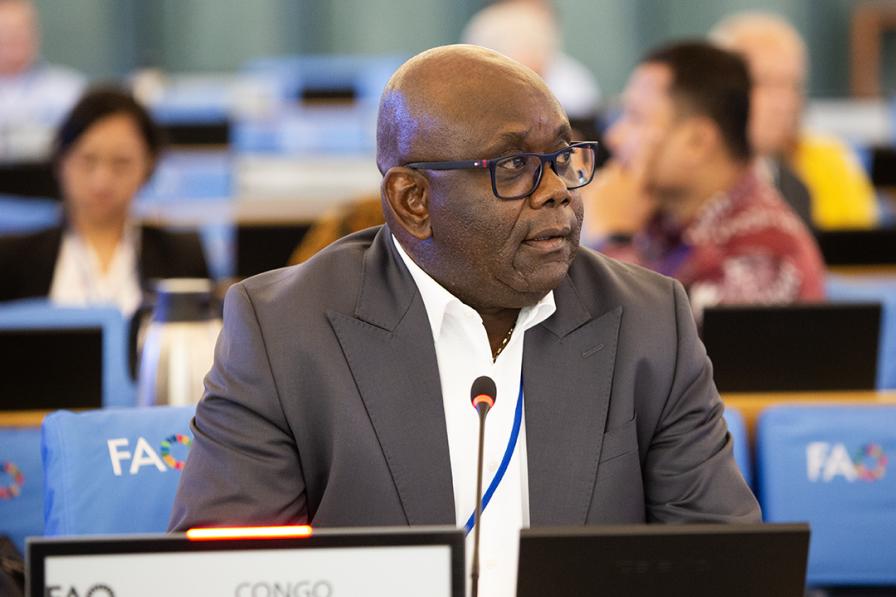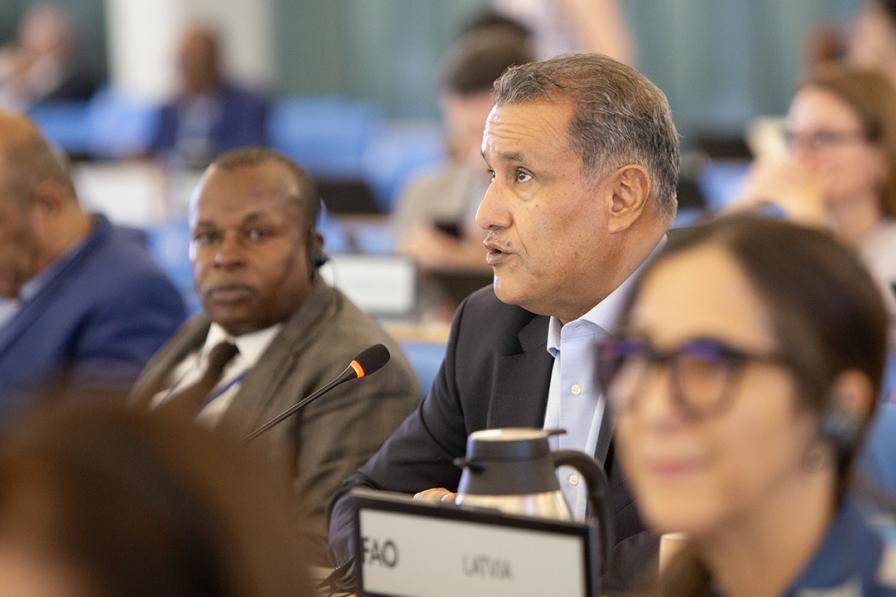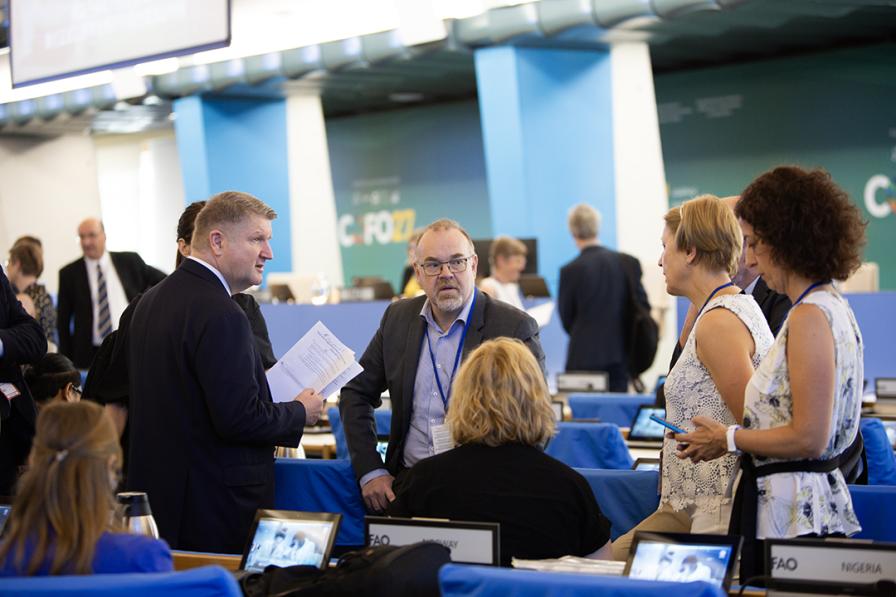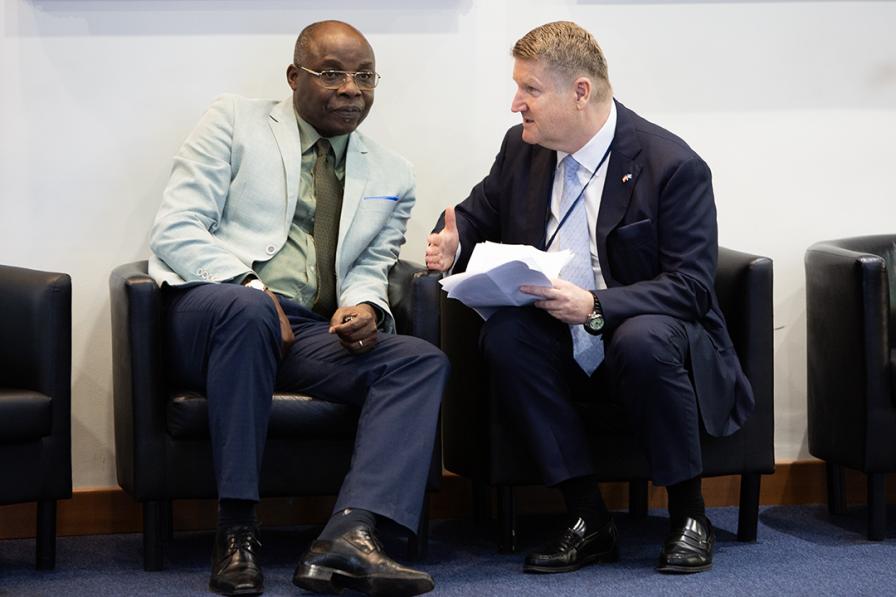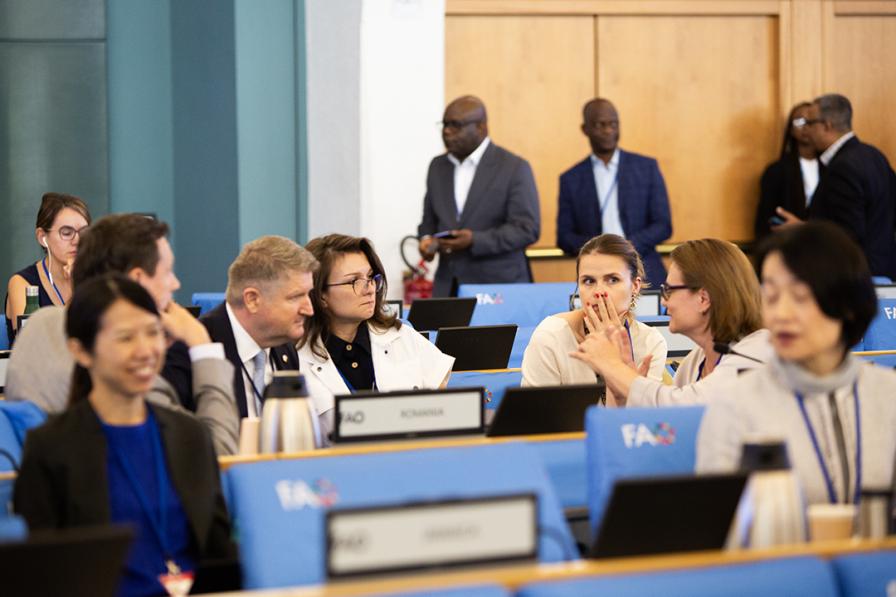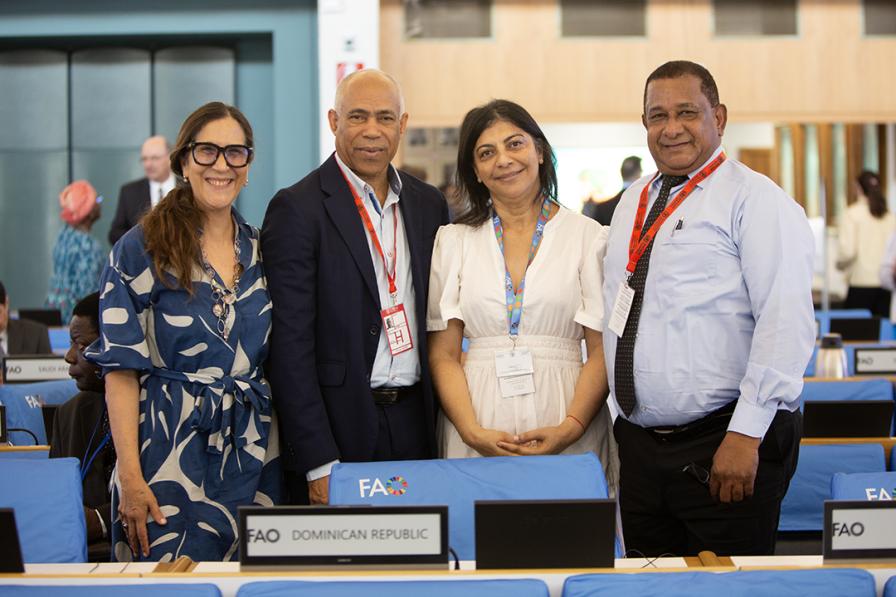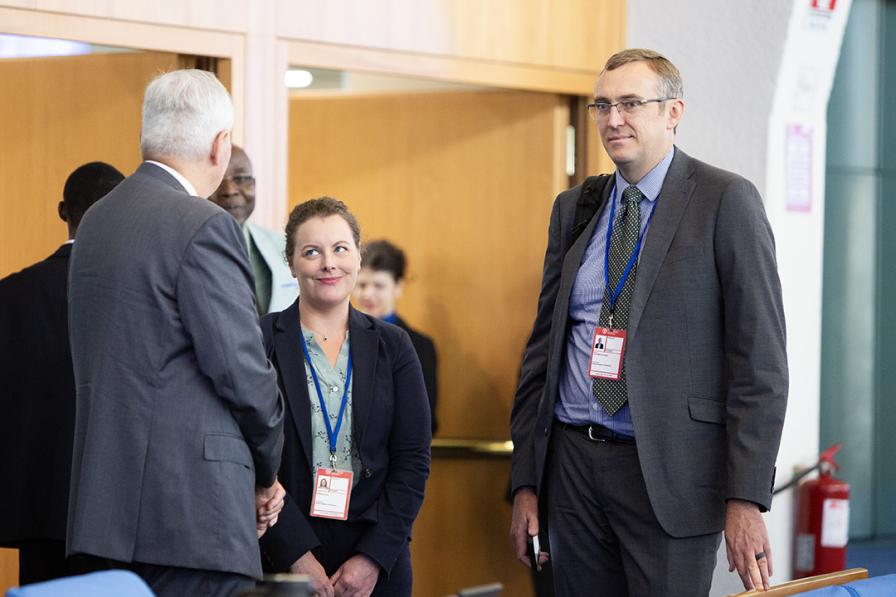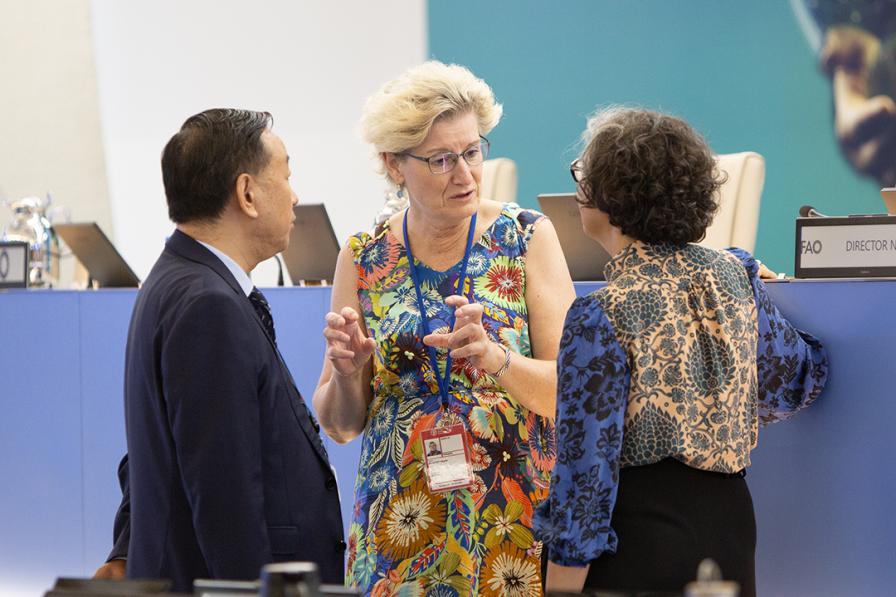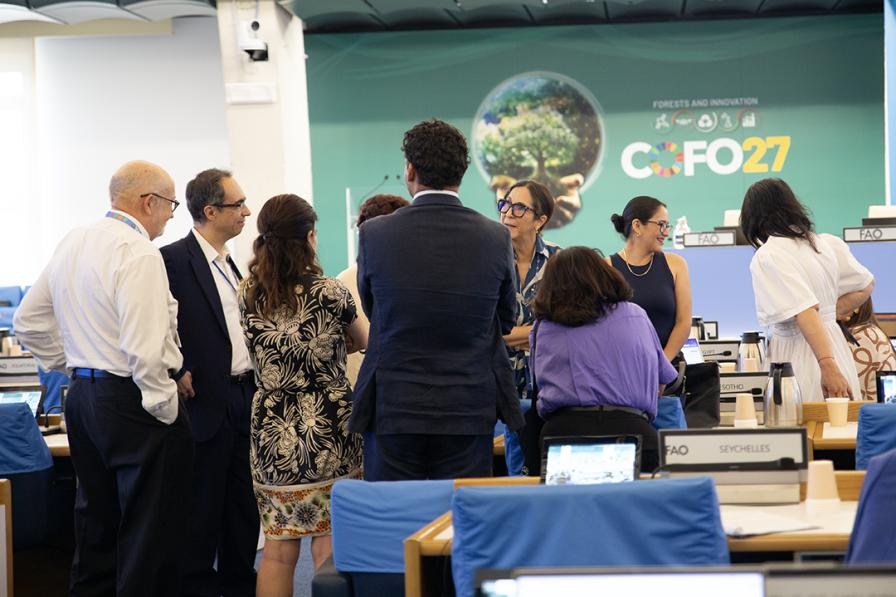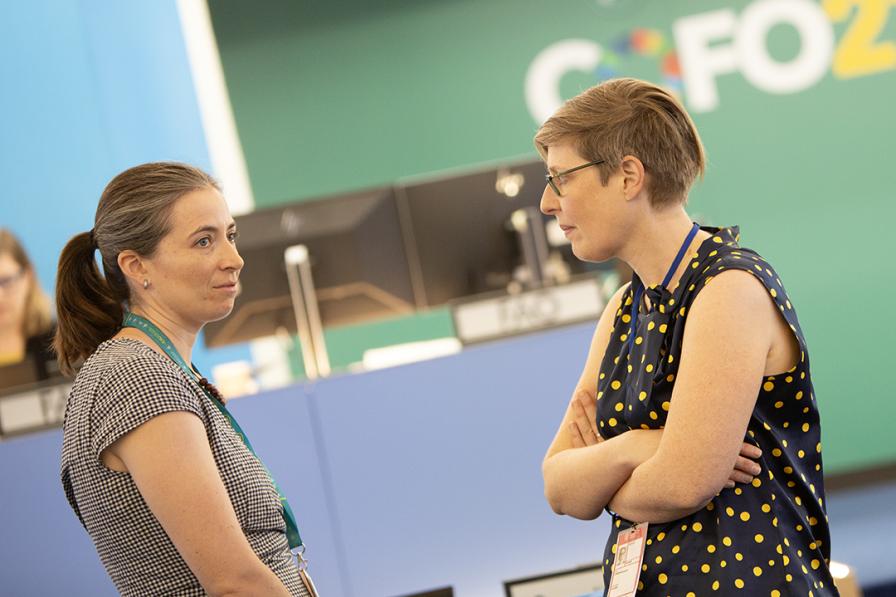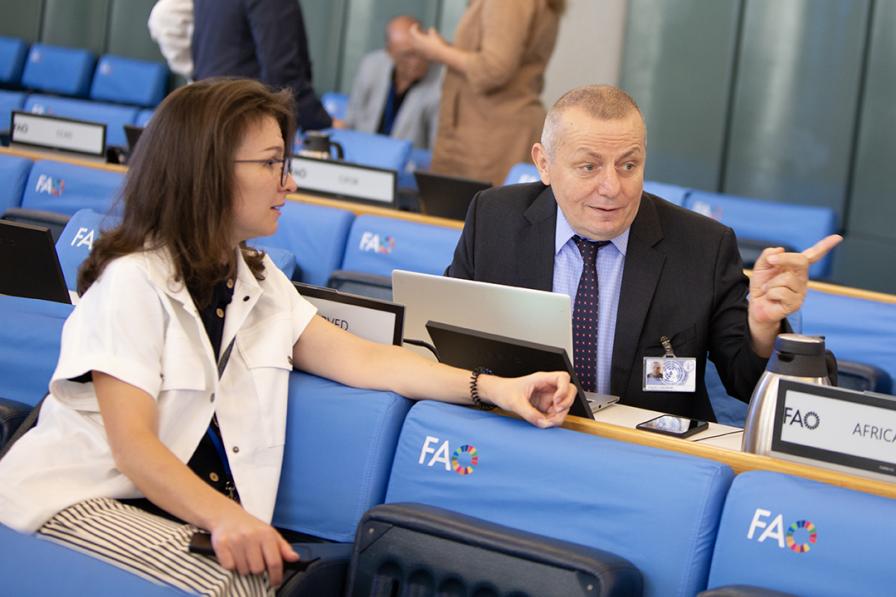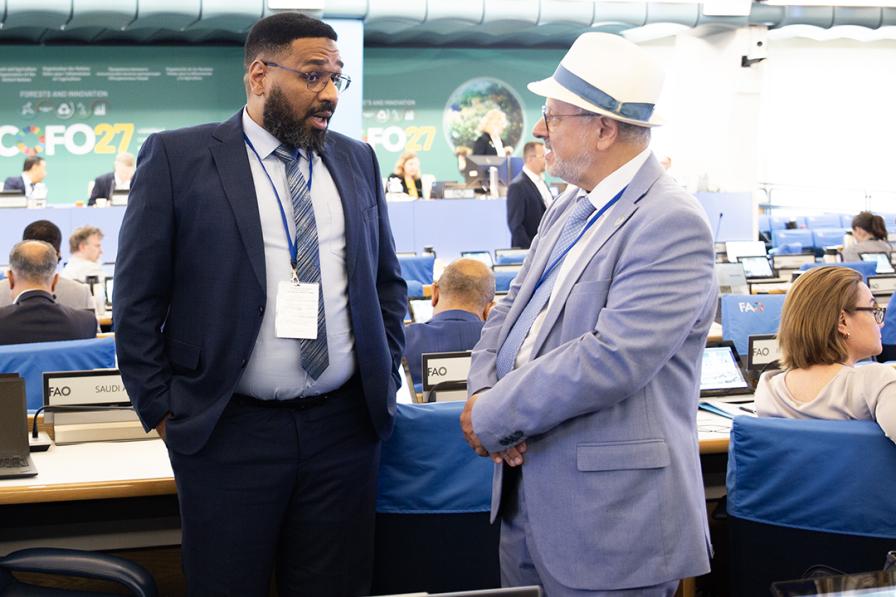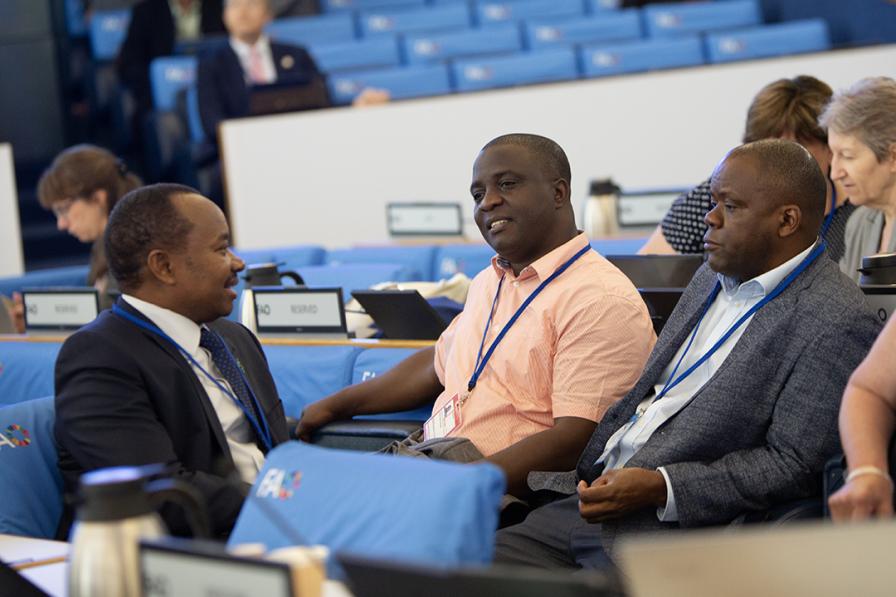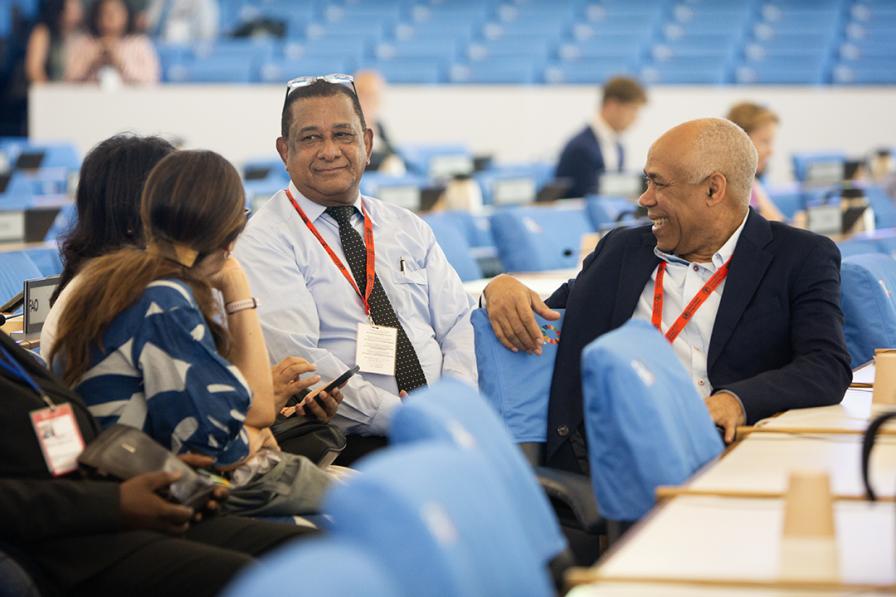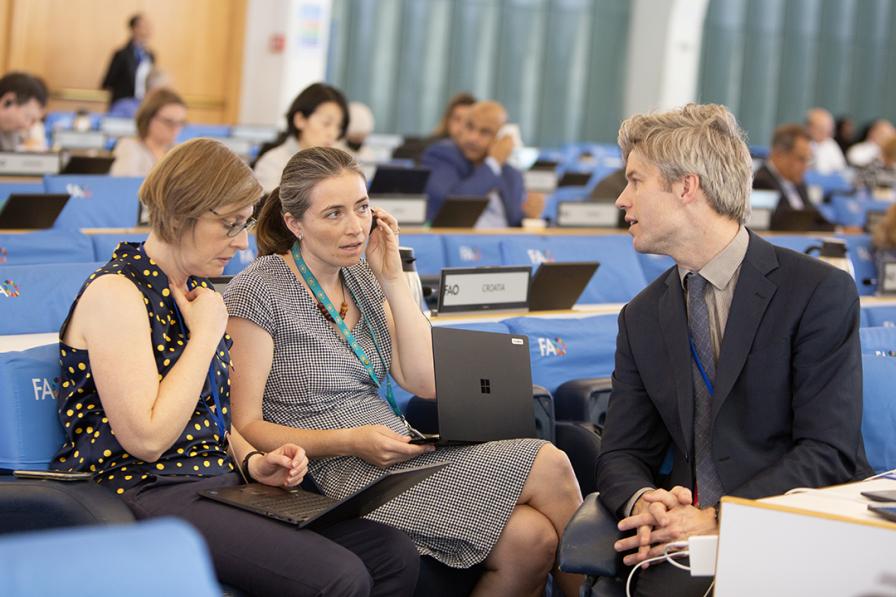As acknowledged by a Forestry Officer from the Food and Agriculture Organization (FAO) some years ago, “We are all forest-dependent people.” Forests are the most biologically-diverse ecosystems on land, providing a home to more than 80% of the terrestrial species of animals, plants and insects, with around 1.6 billion people relying on them for their livelihoods. Forests also play a significant role in reducing the risk of natural disasters, help mitigate climate change through carbon sequestration, and supply 75% of freshwater worldwide. Forests contribute to feeding nearly one in six of the world’s people, and are linked to nearly all the Sustainable Development Goals (SDGs).
Yet, they also face significant pressures, including deforestation and degradation, pressures from industries such as agriculture and mining, urbanization, and illegal logging. Indeed, their importance is recognized at the geopolitical level, as conflict encroaches and damages forests in a regrettable number of locations in the world.
Although not explicitly on the agenda, these issues made their way into the fourth day of the Committee on Forestry (COFO). On the one hand was the European Union’s wish to record their regret on Roadmap wording pertaining to the avoidance of, amongst others, “unjustified” trade restrictions. Some members felt this detracted from the single voice of the Committee about the strategic direction of FAO forestry work.
On the impact of conflicts on the forest sector, delegates in the room were divided on whether to reference “armed conflicts” specifically, or “conflicts” more generally. After much back-and-forth and urging from the Chair to “be as flexible as bamboo,” the members approved the compromise wording of “all conflicts.”
Delegates were also treated to videos from the two countries - Peru and Germany - bidding to host the XVI World Forestry Congress in 2027. The decision on hosting was forwarded to the FAO Council, which will take place in December 2024.
Delegates reached agreement on the remaining list of agenda items, including:
- COFO’s Multi-year Programme of Work 2024-2027;
- FAO’s work on integrated wildfire management;
- The FAO Forestry Roadmap and FAO’s work on forestry under the FAO Strategic Framework 2022-31; and
- The State of the World’s Forests 2024–due to continuing disagreement on how to reference the effects of conflict on forests.
Over the week, FAO has also announced the launching of two reports:
- Restoring the Mediterranean region: status and challenges, which provides a status on Mediterranean forest resources; and
- Bringing nature and climate through protection of primary forests with high ecological integrity, which focuses on the important role of primary forests in meeting climate and biodiversity goals.
All ENB photos are free to use with attribution. For this event, please use: Photo by IISD/ENB | Angeles Estrada Vigil
To receive free coverage of global environmental events delivered to your inbox, subscribe to the ENB Update newsletter.
